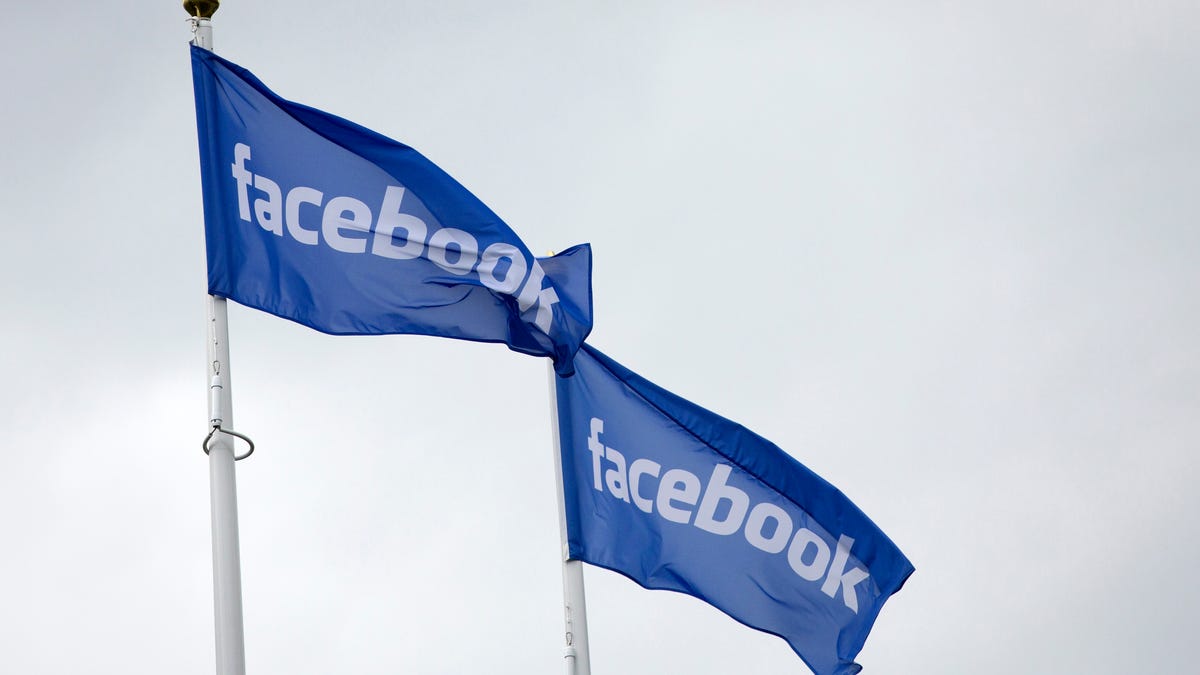Facebook steps up climate crisis misinformation detection during COP26
The social media company is also expanding its Climate Science Information Center to make it easier for people to get accurate scientific information about the climate crisis.

Facebook reached its net zero emissions target in 2020.
With COP26 kicking off this week in Glasgow, Scotland, big tech companies are taking a moment to reflect on their own roles and responsibilities when it comes to tackling the climate crisis. For Facebook, this largely means ensuring people have access to the best and most accurate information backed by science.
In a blog post published Monday, Facebook vice president Nick Clegg said that ahead of the UN climate summit, the company had activated a feature, designed for critical public events, that uses keyword detection to make it easier for fact-checkers to more easily and quickly find and remove misinformation.
"Social media companies have the power to connect people with each other to make a difference at scale, amplify marginalised voices, and share powerful information," said Clegg. "We want to play our part by helping people find accurate, science-led information, while also tackling misinformation."
Facebook's COP26 actions follow on the heels of Apple's announcement that 175 of its manufacturing partners are committing to using renewable energy. The size of the world's biggest tech companies and the energy used to power their supply chains and data centers means they have an important role to play in ensuring their global operations don't further contribute to the climate crisis. Last year, Facebook reached net zero emissions for its global operations, which are 100% supported by renewable energy. It's now focusing on reaching net zero across its value chain and becoming water positive by 2030.
Facebook also announced it's expanding access to its Climate Science Information Center, launched in November 2020, to an additional 100 countries. It's adding a new section to the center that will show countries' greenhouse gas emissions as compared to their commitments and targets, so people can better understand where their country is today and what more needs to be done.
For Facebook users keen to engage with the climate conversation on the platform, the company is bringing the UN's Act Now chat experience to Messenger and Instagram, as well as introducing new stickers for people to show their support for environmental causes. It's also going to be hosting a series of conversations with leading voices from the climate movement and introducing a new podcast series called Climate Talks.

